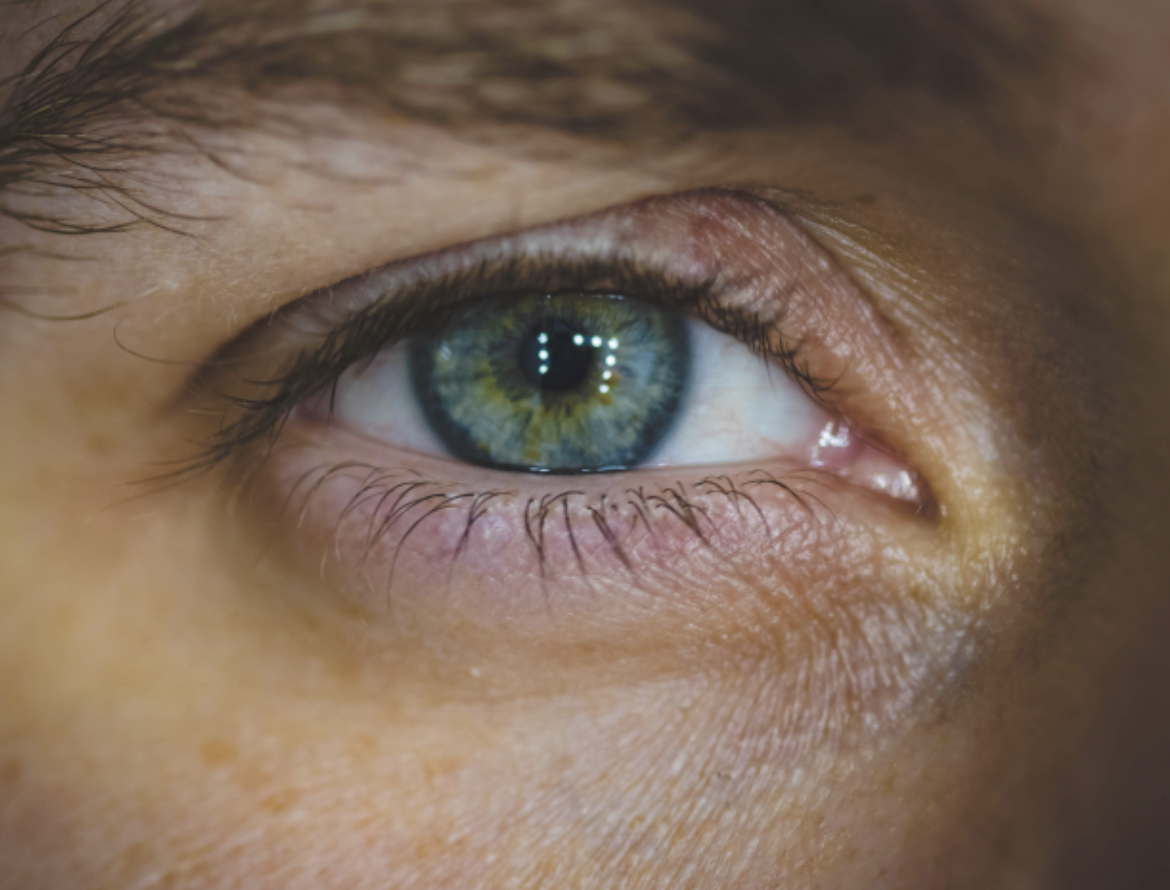Central heating could be damaging your vision- expert explains plus tips on how to protect your eyesight

During the winter months, the windows close and the heat gets turned up. Whether this is the central heating at home, the warm air-con at work or the heaters in the car, we are exposed to a lot of dry heat during these colder months. Although it is essential we stay warm, this increased exposure to dry heat could be wreaking havoc on our eyesight.
Carl Greatbanks, expert at Vision Direct, explains the damage heat does to the eyes and provides tips on how to protect your eyesight this season. He said: “increased dry, warm air during the winter months can cause a loss of moisture, you may have noticed this on your skin and lips, but it also causes moisture loss in our eyes too. Many will find that during this time of the year they experience symptoms such as blurry vision, eye fatigue, a stinging, scratchy or burning sensation in your eyes, all of which indicate dry eyes.
“Dry eyes may not sound very serious but if left untreated, severe dry eyes may lead to eye inflammation, abrasion of the corneal surface, corneal ulcers and even vision loss. To avoid this, it is recommended that people take conscious steps to protect their eyesight during this time of the year.”
Here are three essential tips to protect your eyes in winter:
1. Stay hydrated
It may seem like an obvious tip, but it is vital to stay hydrated to help eye moisture. Adults should be drinking at least 2 litres of water per day (around 6-8 glasses) when you are hydrated, so are your eyes. If you find your eyes are more susceptible to getting dry you may also administer eye drops to provide additional lubrication. You can buy eye drops online or off the shelf in most supermarkets and high street pharmacies without a prescription.
To help add moisture into the air too you may want to consider using a humidifier to help, not only will this help dry eyes, humidifiers are also great for congestion which is a common symptom of winter viruses.
Some symptoms of dry eyes to look out for:
Blurry vision or eye fatigue
A stinging, scratchy or burning sensation in your eyes
Redness
Light sensitivity
Watery eyes (this is your body trying to overcompensate for the dryness)
Feeling like there’s something stuck in your eyes
Struggling to wear contact lenses
2. Add Omega-3 to your diet
A healthy diet comes with many benefits for the human body, but ensuring you are including foods in your diet which have a high omega-3 fatty acids can help with ocular moisture.
Some foods which contain these essential fatty acids include:
Salmon (2,150 mg per serving)
Chia seeds (5,050 mg per serving)
Mackerel (4,580 mg per serving)
Walnuts (2,570 mg per serving)
However, if none of these foods fit with dietary requirements there are omega-3 supplements like cod-liver oil and flax seed oil which can be taken to get the daily recommended amount of Omega 3.
3. Avoid rubbing your eyes
Tears are created when we blink and should stay on the eye for around 10-15 seconds before a new one is formed, rubbing your eyes removes these tears, leaving a period of dryness in between each one. As tears are used to facilitate a smooth gliding motion for your eyelids, when the surface is dry it can lead to your eyes feeling heavy, tired, and sore.
Rubbing your eyes can also cause damage to the area which can make it more susceptible to infection as well, for example conjunctivitis (pink eye) and sties. Rubbing your eyes can exacerbate the symptoms and could even spread the infection. Fortunately, bacterial conjunctivitis is self-limiting, and will usually resolve within 7 to 14 days without the need for treatment. Bathing the eyes in warm water can help soothe some symptoms and if you do have bacterial conjunctivitis, you can visit your pharmacist for treatment if needed.
If you are experiencing the symptoms of an eye infection and are a contact lenses wearer, it’s best to stop wearing contact lenses until the inflammation has eased. Wearing contacts during this time can be immensely uncomfortable or may even prolong infection. If you are wearing dailies, bi-weeklies or monthlies when conjunctivitis symptoms appear, dispose of them immediately. Throw away your solution, and your contact lens case to prevent reinfection.
If you are suffering with recurring bacterial or allergic conjunctivitis, we would advise wearing daily disposable contact lenses, instead of monthlies or bi-weeklies, as they are more hygienic, and can be disposed of after each use
Rubbing your eyes can also cause damage to the area which can make it more susceptible to infection as well. If your eyes feel irritated use a clean tissue or damp cotton pad to wipe the area and make sure you regularly wash your hands too.






